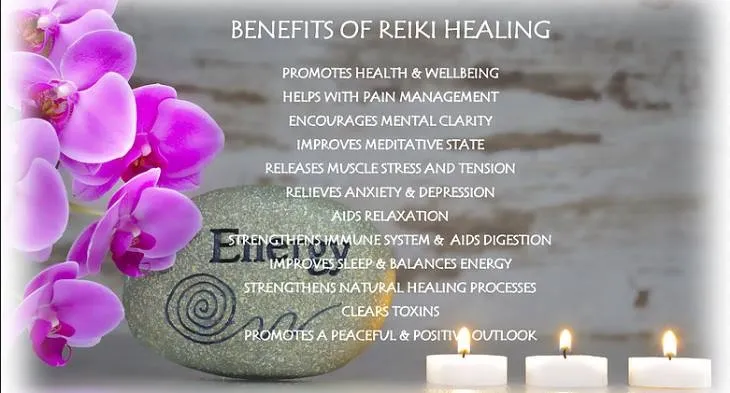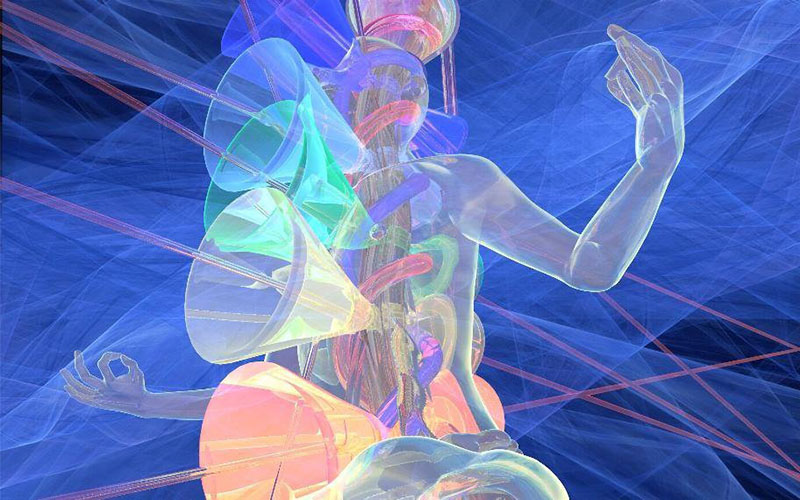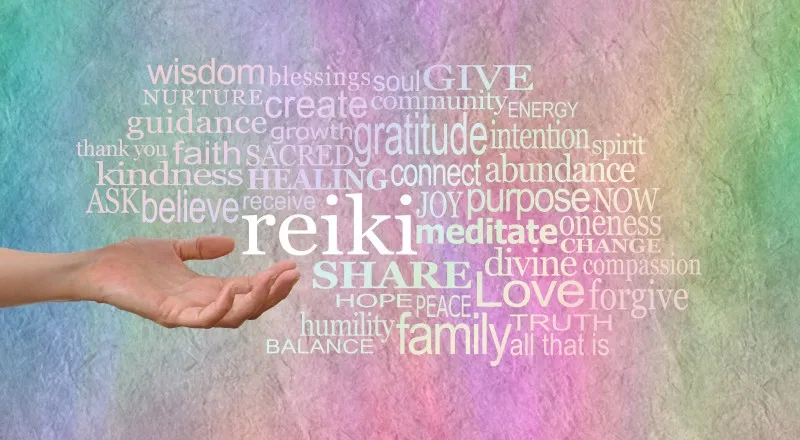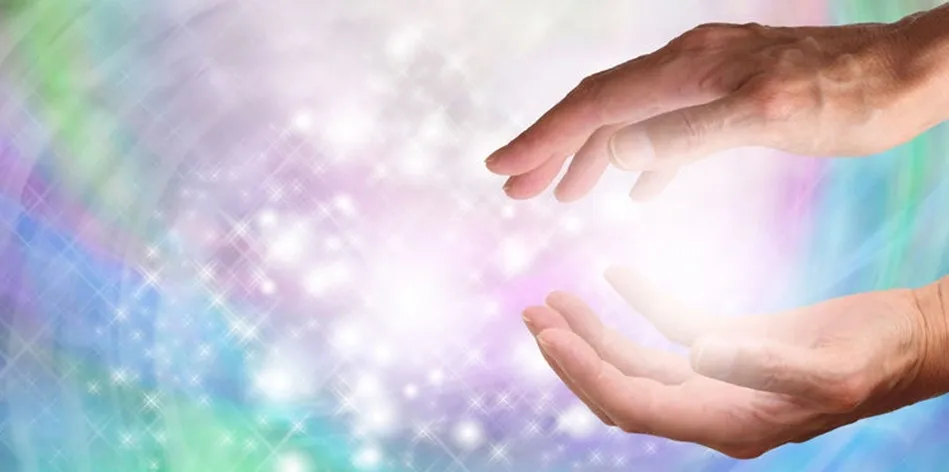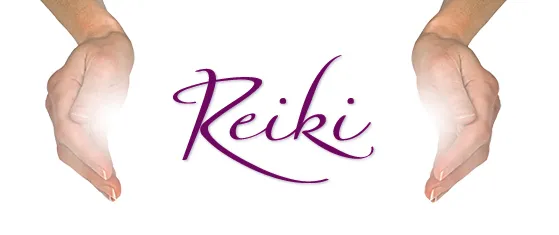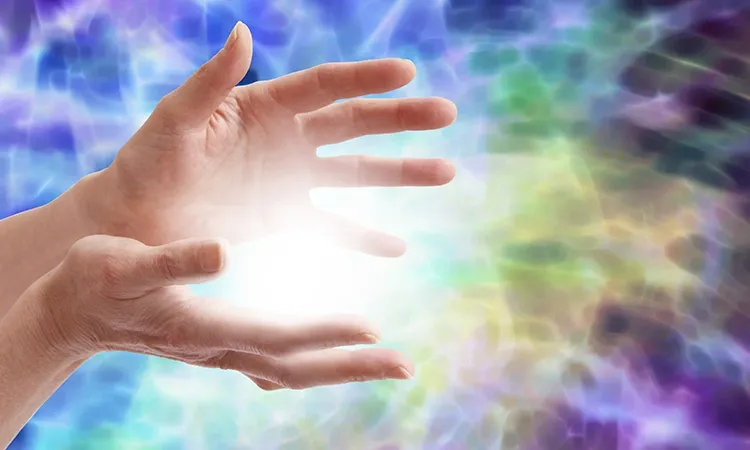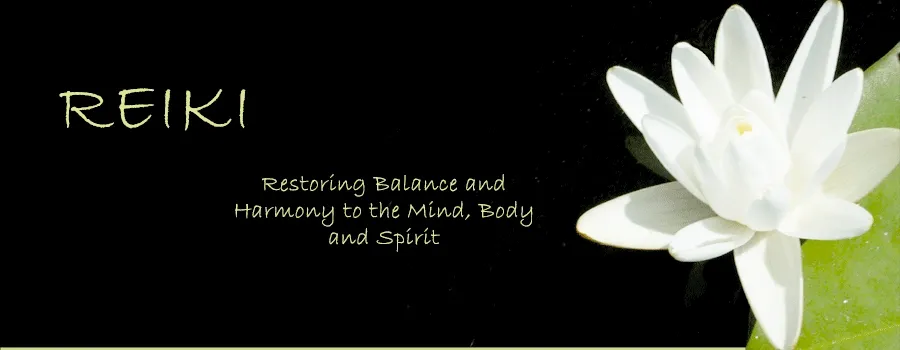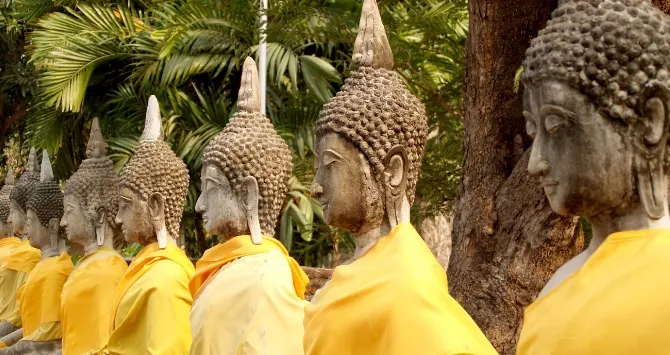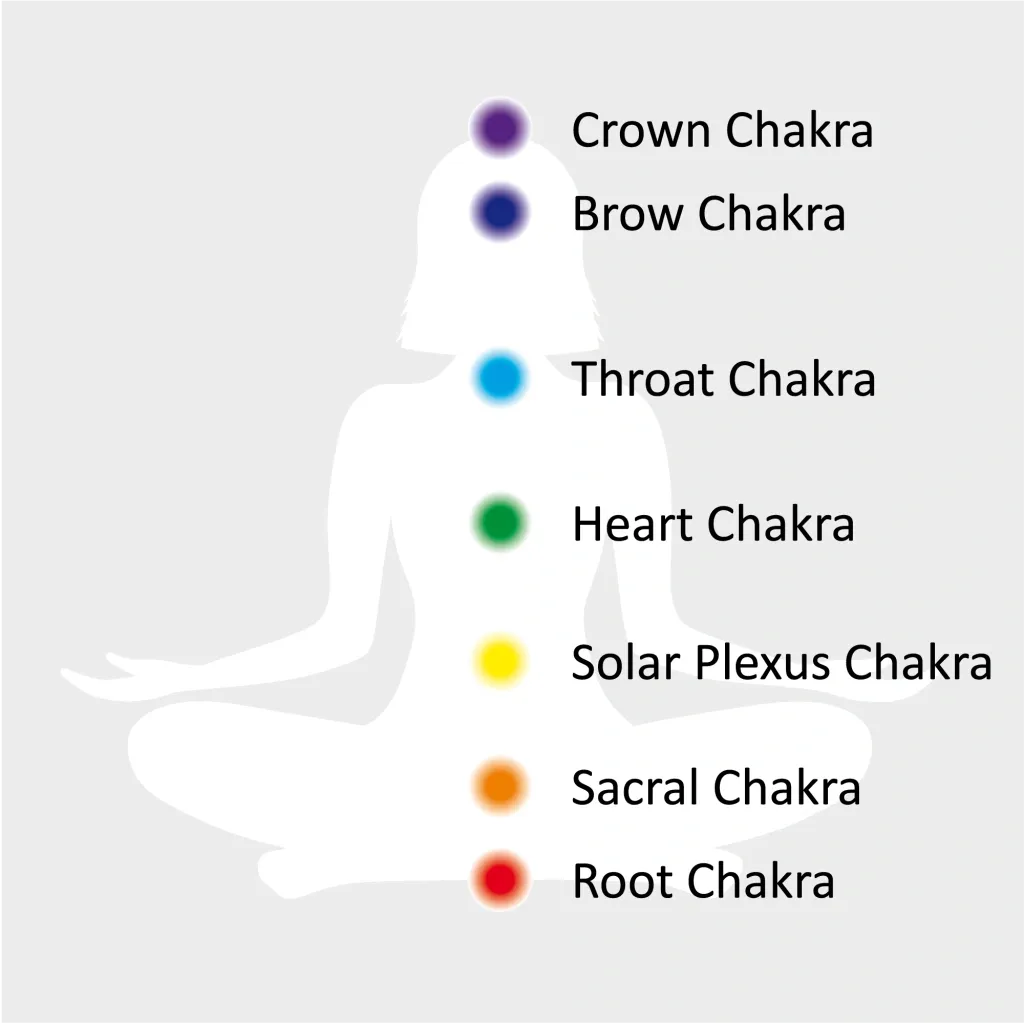Reiki and the Chronic Pain Epidemic
Chronic pain affects more than 100 million Americans, according to a report released by the Institute of Medicine. Another 10 million people suffer from pain on a near-daily basis in Britain, according to The British Pain Society. Those numbers are just for two countries. Imagine what the worldwide numbers are. There is no doubt, then, that chronic pain is a global epidemic that affects millions of lives.
Chronic Pain: Definition and Costs
Defined as pain that lasts longer than three to six months, chronic pain has become one of the most common reasons for seeking medical attention. In the same report, the Institute of Medicine found that, as of February 2014, chronic pain cost the healthcare system an estimated $635 billion each year. Most people who suffer from chronic pain are prescribed pain medications. Increasingly, however, alternative solutions like Reiki have also proven helpful. There is still a lot of confusion and lack of education regarding chronic pain, so understanding it is the first step in deciding on choosing the best treatment.
Save
Pain Relief with Reiki
Understanding Chronic Pain and its Effects on the Body
Some individuals think of chronic pain as acute pain that does not subside. This definition, however, does not quite capture its wide range of manifestations. Chronic pain is a blanket term, but not everyone who suffers from it will have comparable symptoms. According to WebMD, chronic pain may be mild or excruciating. It can also occur continuously or sporadically. While the pain may merely inconvenience some people, others may be completely incapacitated by the pain.
Chronic pain is often described as “burning,” “shooting,” “electrical,” or “aching,” and it can be accompanied by stiffness, soreness, tightness, and discomfort. Over time, it can lead to fatigue, moodiness, or sleeplessness. The source of a sufferer’s chronic pain can be difficult to pinpoint, since a variety of diseases may contribute. It may linger from an old injury, accompany the natural aging process, or even come from poor posture.
But chronic pain can do much more than just interfere with normal, day-to-day life. Researchers at Northwestern University found that it can shrink the brain by 11%, effectively speeding up the brain’s aging process by 10 or 20 years. The effects of chronic pain can also create a vicious cycle. With time, the affected nerves become more sensitive, to the point where even the touch of a feather can be painful.
Pain Medications Are Only Part of the Solution
For many sufferers of chronic pain, medications can help the pain. For other patients, pain medications may not be the best alternative. For example, for many patients, painkillers may interfere with other medications. Despite their proven results, pain medications should not be the only solution considered when attempting to assuage chronic pain. Medication is only one of several alternatives to treating chronic pain.
Pain Relief Alternatives
Moving around more is the last thing that many chronic pain sufferers would think to do. Despite sounding counter-intuitive, consistent exercise is one of the most effective ways to prevent chronic pain, regardless of age. A Norwegian study from 2011 looked at 46,533 adults and found that the incidence of chronic pain among young and middle-aged individuals who exercised was 10-12% lower. Exercisers who were 65 years of age or older showed even better results.
The Chinese method of acupuncture may also help. A study from Memorial Sloan-Kettering Cancer Institute in New York, as well as other studies from 2009 and 2010, found that real acupuncture is more effective at relieving pain than no acupuncture or “sham” acupuncture. This finding seems to rule out the placebo effect that many cite when discussing acupuncture. Some researchers think acupuncture provides relief by reorganizing nerve pathways and releasing adenosine, which is one of the body’s natural painkillers.
Reiki and Chronic Pain… Could it Help?
In addition to other natural, non-invasive therapies, Reiki is becoming an increasingly popular option. Since Reiki is being offered in more private practices, hospices, and hospitals, more patients can benefit from the treatment than ever before.
According to AltMD, beyond signaling a physical problem, chronic pain can also stem from psychological and emotional disturbances. Reiki can resolve them by allowing healing energy to flow freely. The result is reduced pain and tension, as well as feelings of relaxation and rejuvenation. Unlike most other treatments, Reiki is a multi-purposed method that can heal both physical and emotional ailments. Through Reiki, some patients suffering from pain due to cancer, injury, or psychological or emotional distress have found relief where other methods were not successful.
Growing Evidence in Reiki Research
Some small studies have been conducted to determine the effectiveness of Reiki. They suggest that patients may use Reiki to find relief from not only the physical aspects of chronic pain, but also the anxiety that often comes with it. According to an article from the University of Minnesota, several studies found that Reiki treatments seem to relax patients, reduce fatigue and depression, and strengthen a person’s overall sense of well-being.
According to an article by Anthony Schifano on the National Fibromyalgia and Chronic Pain Association’s website, Reiki sessions have brought relief and helped individuals feel more balanced. He writes that patients who received Reiki treatment experienced “total relaxation, less tense muscles, and improvement in their range of motion.” One patient who suffered with fibromyalgia pain for years was able to stop taking pain-relieving medications after starting regular Reiki treatments.
Increasing Awareness in the Medical Community
Medical practitioners and patients, as well as researchers, are becoming more aware of the real and lasting proven effects of Reiki when it comes to treating chronic pain. Reiki succeeds because it works on a deeper level, influencing the flow of healing energy that promotes a sense of balance and leads to pain relief in patients suffering from chronic pain from a variety of conditions. Ongoing research and testimonials from patients have shown that an integrative, individualized approach works best. Chronic pain and its accompanying treatments are still being researched; Reiki is crucial for this research. When discussing chronic pain, combining medication with exercise, acupuncture, and Reiki may potentially bring about the highest level of pain relief.
**This article appeared in The Reiki Times, the official magazine of the International Association of Reiki Professionals.
Why Dr. Oz has Embraced the Healing Powers of Reiki
Dr. Oz and the Healing Power of Reiki
Recognized across the US for his approachable bedside manner and extraordinary breadth of medical knowledge, Dr. Mehmet Oz connects people to important health issues on his syndicated television program, “The Dr. Oz Show,” one of the highest-rated daily television programs in the nation. Drawing an average of 4 million viewers a day, Oz’s voice is a strong one in the American health community, and he has spoken loudly and firmly: in addition to traditional medical treatment, Oz has continually touted the benefits of a holistic healthcare approach. One of the pillars of this integrative style is the inclusion of Reiki therapy.
“I know firsthand the amazing miracles we can achieve with modern Western medicine,” Oz said on an episode of his program, “but I also know that for centuries, people around the world have developed alternative therapies to treat the body, mind, and the soul.”
Reiki energy healing, in particular, makes Oz’s list of effective medical alternatives that boost overall health and well-being. Why? Put simply, its ability to re-balance bodily and cognitive systems serves as not only an instant potential pain reliever but also a long-term preventive therapy. Offering a non-invasive complement to Western therapies, Reiki may help ease conditions like headaches, arthritis, and high blood pressure. In the hands of Reiki Professionals, a patient can experience an increase in the flow of his or her qi life force by harnessing the power of universal energy.
Energy Medicine
Although the immediate reaction to a Reiki session differs from patient to patient, Oz points out the healing properties of physical touch. “I actually feel the heat,” he says, tying this warming sensation to a feeling of reduced tension and body-mind harmony.
Oz’s wife, Lisa Oz, knows firsthand the benefits of Reiki and its great potential as a catalyst for medical breakthroughs. As a Reiki master, she wholly embraces energy healing, pointing out in a recent interview that “the next wave of medical advances will be when we come to recognize the body as an energetic system.”
Reiki is Life Force Energy
Indeed, Reiki’s capacity for attunement represents a powerful possibility for this ancient practice. Although the National Institutes of Health has completed little clinical research, already certain studies from researchers like Thrane and Cohen and DiNucci have noted significant outcomes of energy healing used for wound healing, anxiety, and palliative treatment for those suffering from mesothelioma or advanced AIDS. With near zero risk for negative outcomes, Reiki becomes a viable treatment for a multitude of other ailments, too.
“We are embarking on this whole new vista of opportunities,” Oz says of energy medicine. “It broadens dramatically the spectrum of where we might be able to go in our bodies.”
Even while acknowledging the limitations of clinical research, many doctors grant that Reiki has vast potential. In an interview with O, The Oprah Magazine, Dr. Erin Olivo, the former director of the Integrative Medicine Program at Columbia University, notes that Reiki may be helpful for heart conditions, stress-related symptoms, and more.
Balancing Act
Dr. Oz knows about balance. In addition to his illustrious career, Oz – a graduate of Harvard University and the University of Pennsylvania medical school – has authored hundreds of research papers, makes innumerable appearances on television programs (in addition to his own), serves as a teaching professor at Columbia University, operates in his original role as cardio thoracic surgeon every Thursday at Columbia and New York-Presbyterian Hospital in New York City, and still finds time for his wife and four children. For Oz, stress-reducing, health-fortifying techniques are absolutely essential.
Alongside very traditional, crucial health issues such as nutrition and sleep, Oz considers Reiki as a vehicle for well-being in his own life and for the population at large: an opportunity to reset, refocus, and de-stress. In a recent interview in The New Yorker magazine, Oz contends that a positive state of mind in a patient can link to a successful surgical outcome. When asked about lacking research and data in regards to Reiki in particular, Oz was emphatic.
“This is one of the fundamental disconnects between Western medicine and what people often refer to as complementary medicine,” Oz says in the interview. “Not everything adds up. It’s about making people more comfortable.”
Oz and Beyond
Though this trusted doctor may be at the forefront of Reiki’s influence in everyday health and culture, Oz is not alone. Athletes and celebrities have come to understand the positive effects of Reiki practice, imbuing these famous folks with a sense of calm in a chaotic world. From Christina Aguilera’s use of Reiki for weight loss, to golfer Phil Mickelson’s Reiki-inclusive treatment plan for psoriatic arthritis, Reiki has been used to treat a number of celebrity ailments, and has even been said to prove a holistic therapy for Angelina Jolie, Gwyneth Paltrow, and Ellen DeGeneres, among other top celebrities. The practice’s ability to strengthen determination is key for maintaining focus and powering through stressful situations. In the case of Aguilera, whose Reiki methods have been outlined in Women’s Health and elsewhere, Reiki untangled the complicated spiral of weight gain: people eat when they feel stressed; for Aguilera, regaining discipline through Reiki stopped the thoughtless food intake, and unwanted weight shed naturally.
While weight loss is not a concern for Oz, a former football and water polo player who exercises daily, he believes that Reiki offers a multitude of benefits worth sharing. Occasionally, Oz even invites Reiki masters into his operating room, allowing them to tend to patients undergoing precarious surgeries like heart transplants. Drawing on viable unseen energies, Reiki masters like Pamela Miles and Julie Motz have melded their expertise with Oz’s mastery as a heart surgeon.
Ultimately, even with the advent of awe-inducing improvements in medical technology and the treatment of disease, Oz yearns for a simpler time. “I would take us all back a thousand years,” he says in The New Yorker interview, “when our ancestors lived in small villages and there was always a healer in that village.” Through Reiki, Oz has tapped into that ancient past – and, without doubt, he is a healer.
**This article appeared in The Reiki Times, the official magazine of the International Association of Reiki Professionals.
